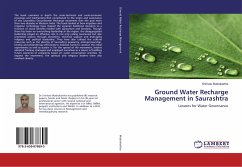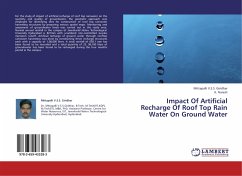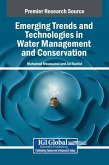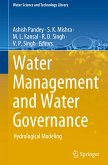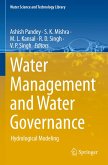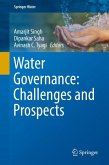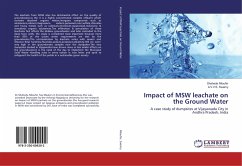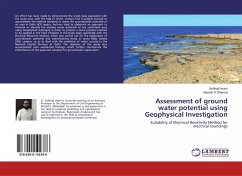The book examines in depth the socio-technical and socio-economic processes and mechanisms that contributed to the origin and sustenance of the Saurashtra Groundwater Recharge movement over the past more than two decades in Western India. The book looked at how irrigation and irrigation technology have shaped the agrarian livelihood decisions as a function of social benefits related with agriculture and livestock. Though there has been no overarching leadership in the region, the disaggregated leadership played an effective role in not only raising awareness but also promoted actions through donations, technical support and leveraging religious and political leadership. They have also utilized the cultural resources such as the identity of Saurashtra peasantry, entrepreneurship, kinship and philanthropy effectively to mobilize funds to conduct the initial experiments as well as sustain it. For the spread of the movement, leaders adopted framing strategies and employed narratives as a means of building future scenarios of prosperity based on water conservation activities. To expand the movement, the spiritual and religious leaders were also involved cleverly.
Bitte wählen Sie Ihr Anliegen aus.
Rechnungen
Retourenschein anfordern
Bestellstatus
Storno

